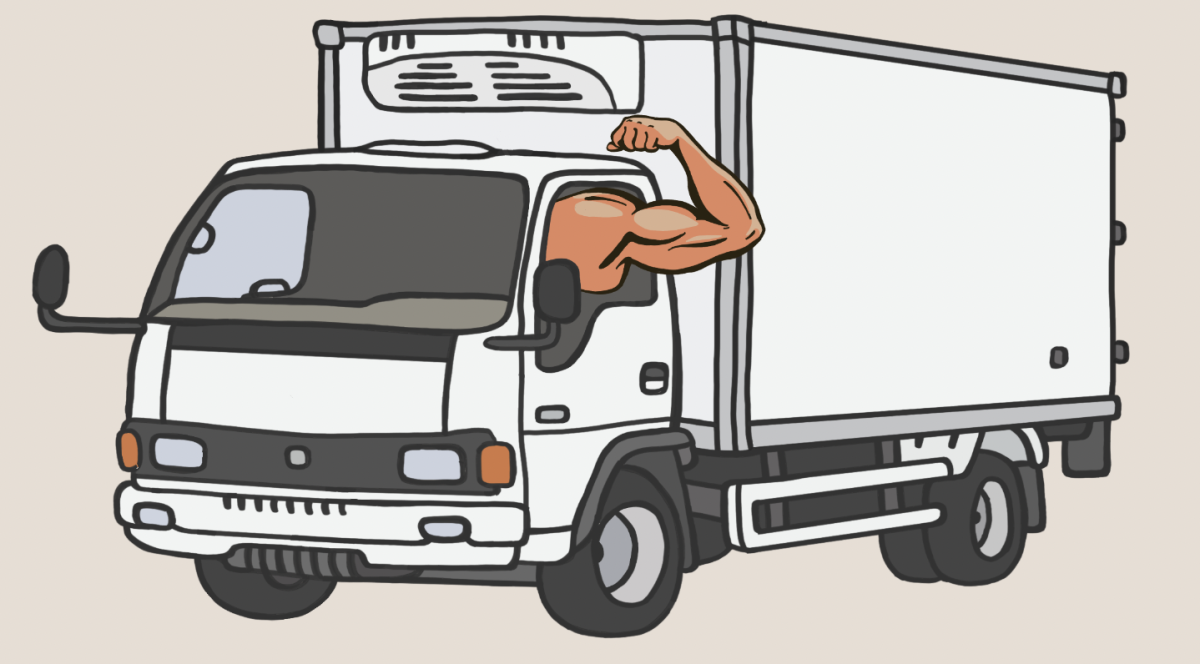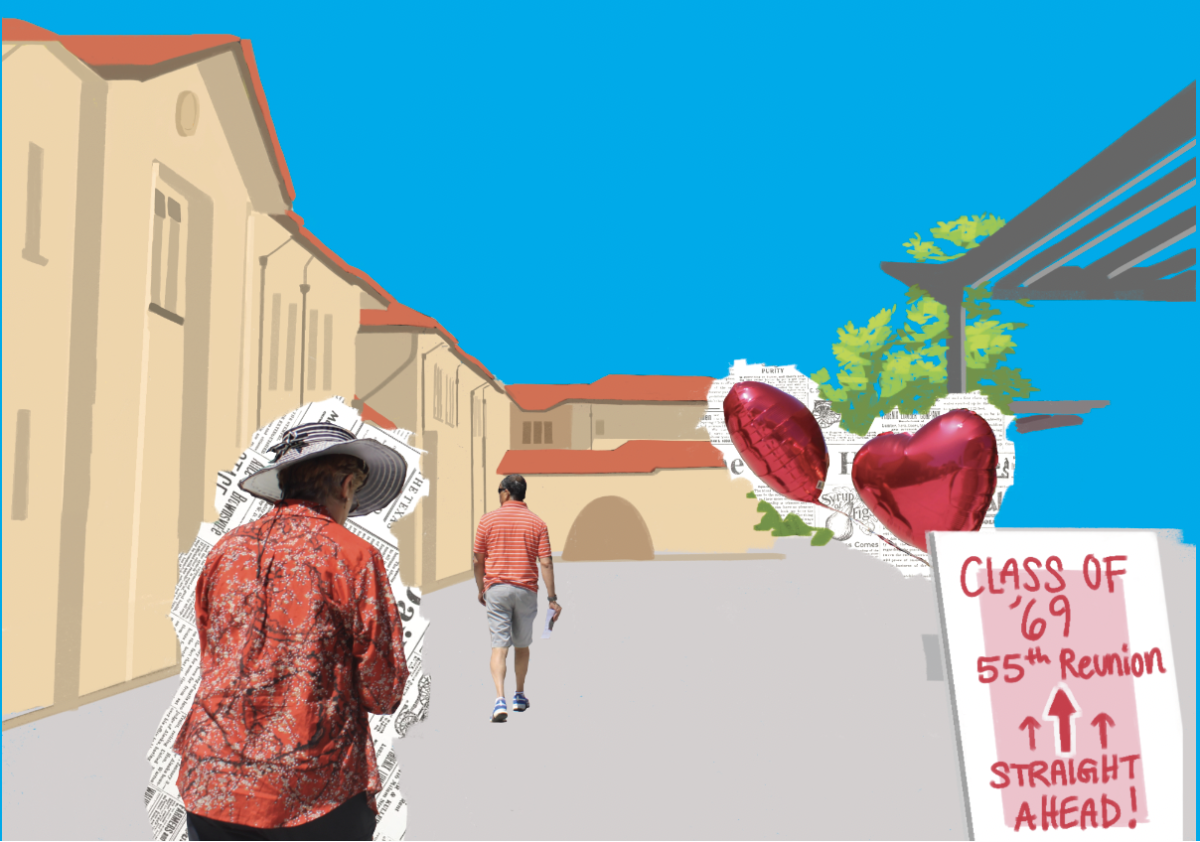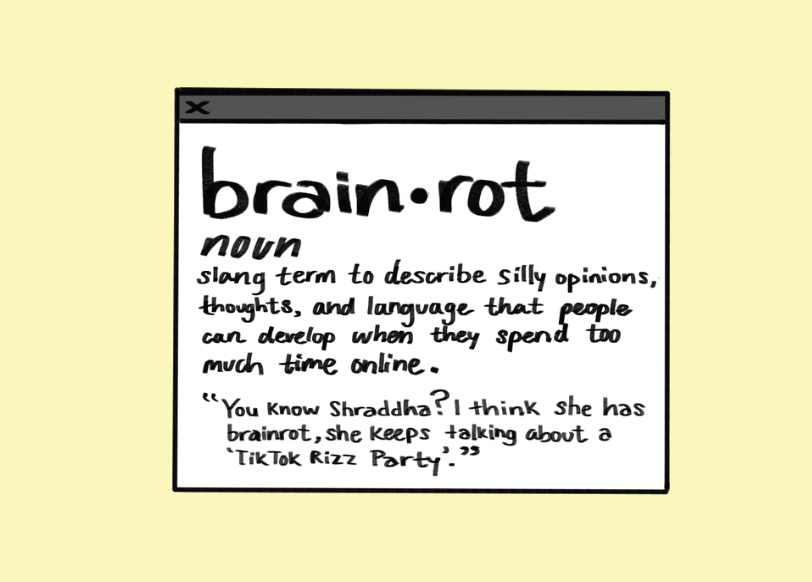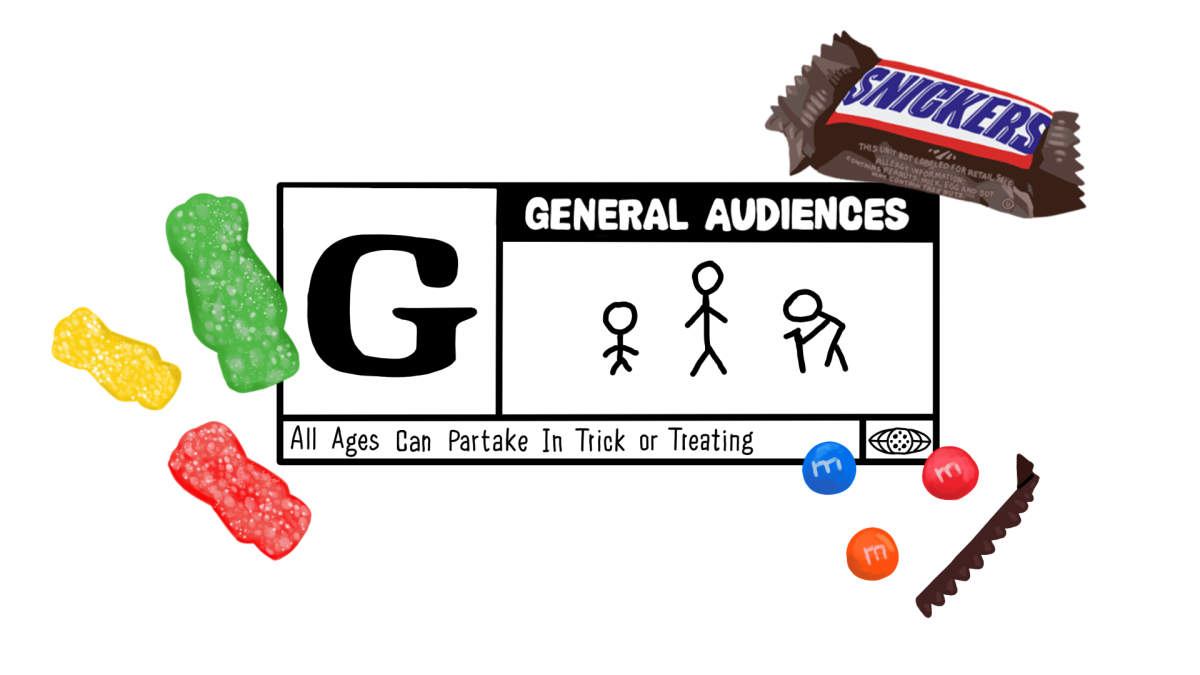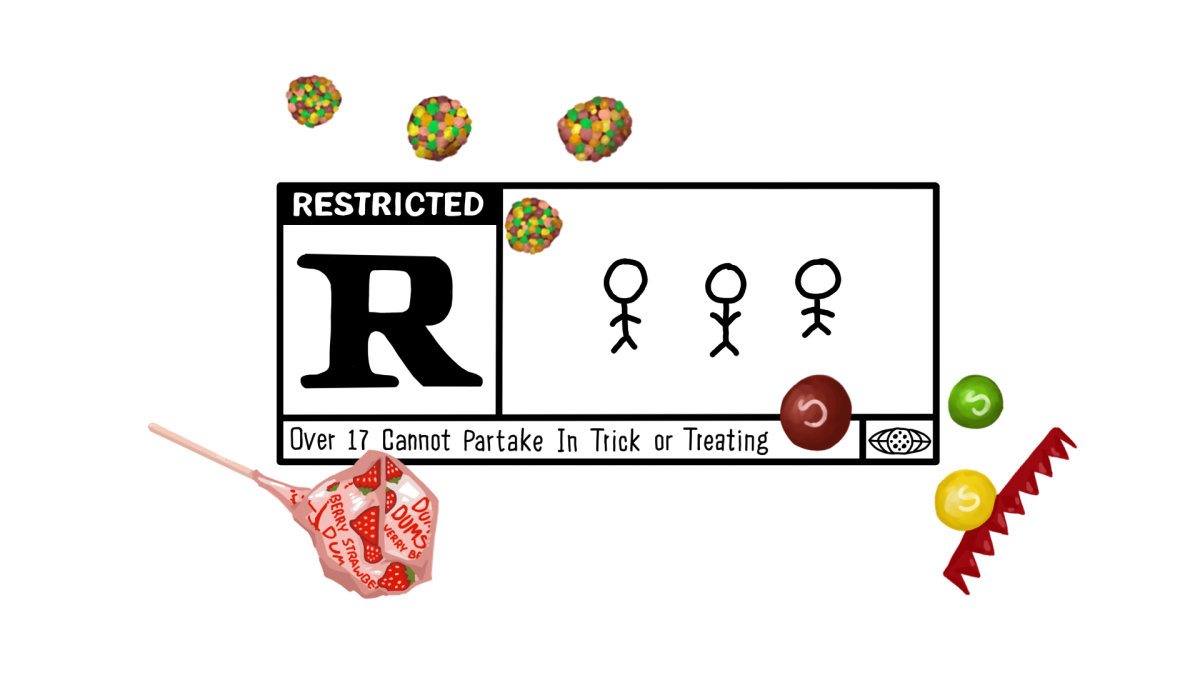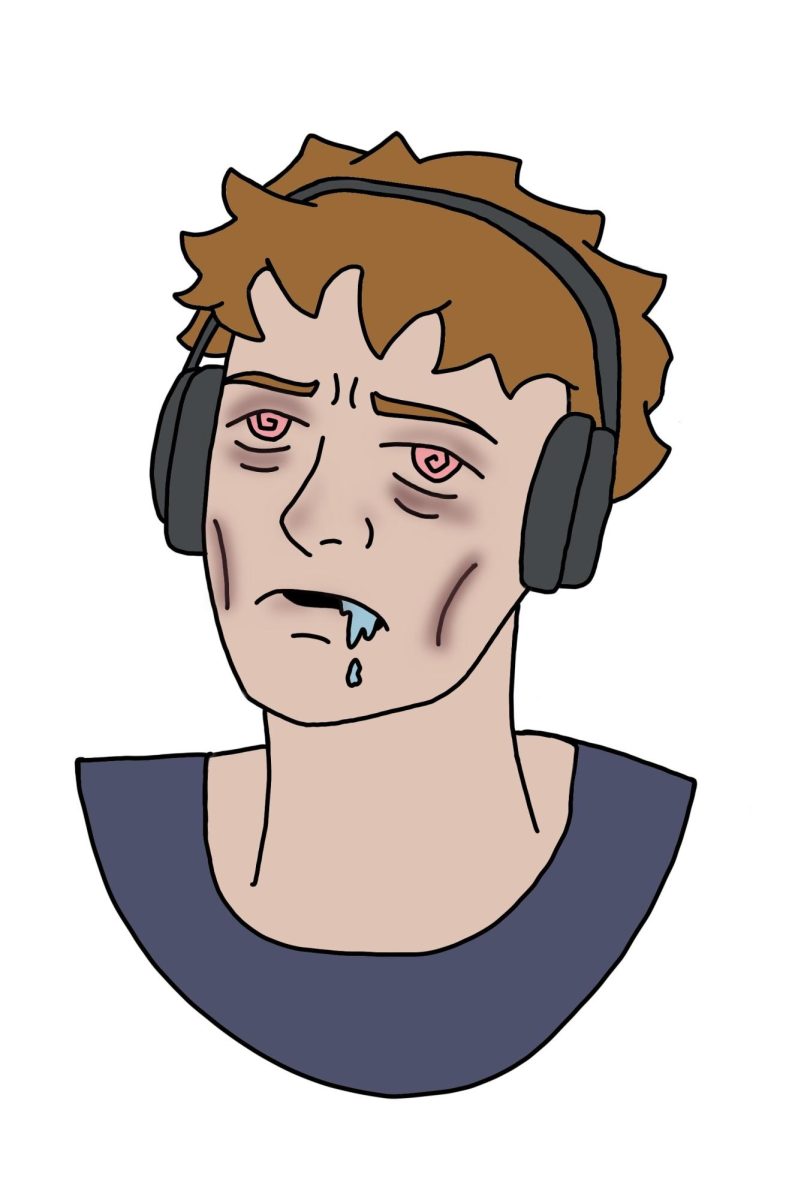An obstacle blocks your stroll today. A parked truck blocks half of the sidewalk, its wheels reaching over the curb and onto the pavement. From Ram to Ford, large consumer trucks have become a common sight in urban and city areas of the United States. Yet according to an Axios survey, only 28% of truck owners regularly use their vehicle for carrying heavy objects; 88% of all truck owners are men. Additionally, only 7% use their trucks for frequent towing of heavy items like trailers. With pickup truck sales at an all-time high in the U.S., 88% of all truck buyers being men, trucks are being used less and less for their intended purpose. If trucks are not fulfilling a functional need, what is the social need?
In Ford Country’s truck advertisement, “We Built Them A Truck,” amongst the imagery of vehicles off-roading in the dust, it asserts the pickup truck to be a descendant of the horses that helped to conquer the American West. By invoking America’s colonial past, it likens truck owners to the pioneers of old. A masculine character in American culture who claimed and developed land through their sweat and gumption is relived through images of hauling farm tools and towing trailers. It is a highly individualistic character who would dominate nature — just as trucks are depicted crashing through foliage and crushing trees — and other people if it meant their family had a safe and secure life. The pioneer was self-reliant, independent and successful, and these distorted memories of America’s past are reflected in the modern-day truck culture and the men in it.
The perception of rugged individualism that is common within truck culture today is often performative because the “power” of most modern pickup trucks is underutilized and unnecessary for most people. For any other consumer vehicle, the handling and miles per gallon would make it impractical for daily use. In contradiction to its extremely specialized nature, over the decades, the functionality of the pickup truck has declined. Truck beds have gotten smaller while the cabins have gotten larger and more comfortable. In Ford’s marketing, they use the idea of the pickup truck as the ultimate vehicle. In one of their advertisements, a family leans out of their windows to pick up an order from a fast food restaurant. By making the truck a concern of family, this instills a sense of comfort in one’s truck, and most importantly, it activates the desire to maintain a sense of comfort in one’s family.
In a society centered around self-driven vehicles, crashes are an inevitability. But, the larger and heavier the vehicle is, the less damaged it will be if hit. Overall, it creates a race between who can build the largest and “safest” vehicle. Despite this notion, according to the Insurance Institute for Highway Safety, pickup truck drivers and passengers are at greater risk of death and injury than their counterparts. This hyper-individualistic mindset — much to the benefit of the profit margins of American automotive manufacturers — causes vehicles to become larger, less efficient and more dangerous to cars that are not as large. Even when they are not hauling or towing, trucks produce far more emissions than cars. Blind spots, worse handling and larger mass make them an enormous threat to all pedestrians, especially children. But, for many others, sacrificing the sense of control a truck brings is too great of a task.
Ultimately, a large number of truck owners have purchased the truck for its associations, implications and meaning rather than its actual practicality. Trucks’ size, strength and capability give owners a superficial sense of freedom and individuality, and assures them that their family will be safe while allowing them to dominate nature. They will not give up this sense of control, power and dominance even if it is at the cost of the environment, other drivers or pedestrians.


